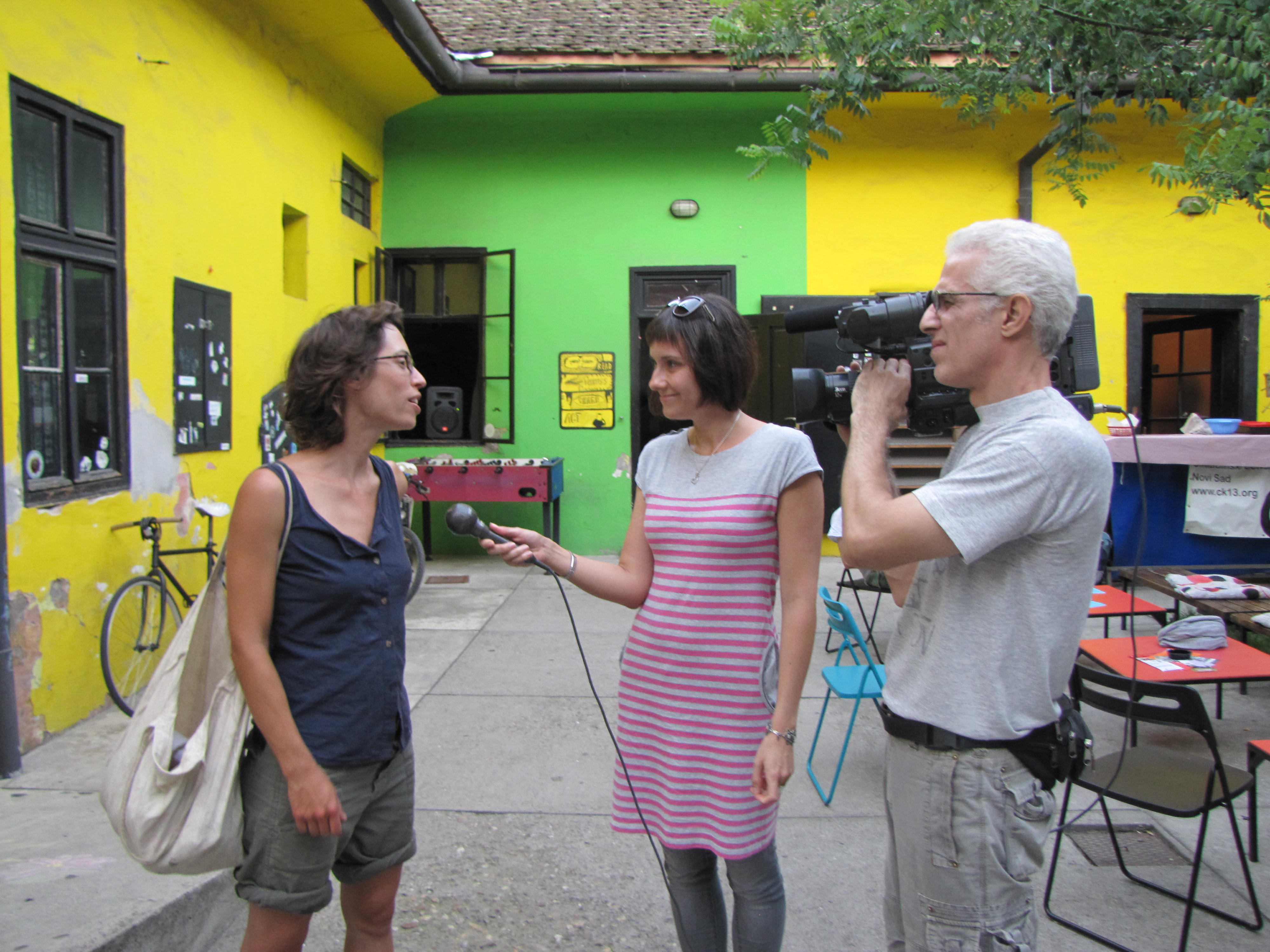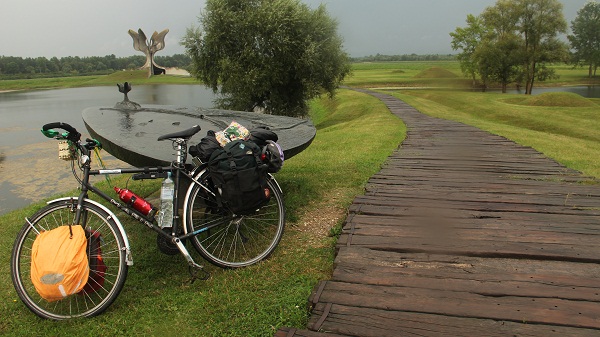Beyond Borders: On film in Hungarian
Ho sentim, aquesta entrada es troba disponible únicament en English, Castellano, Deutsch, Français, Italiano i Română. For the sake of viewer convenience, the content is shown below in this site default language. You may click one of the links to switch the site language to another available language. In Novi Sad we met up with a film crew for the local Hungarian language TV, and here are the results! The first 7:30min relate to the Beyond Borders biketour: For those that don’t speak Hungarian, in the clip we talk about the history of Ecotopia Biketour, this year´s beyond borders theme,…










